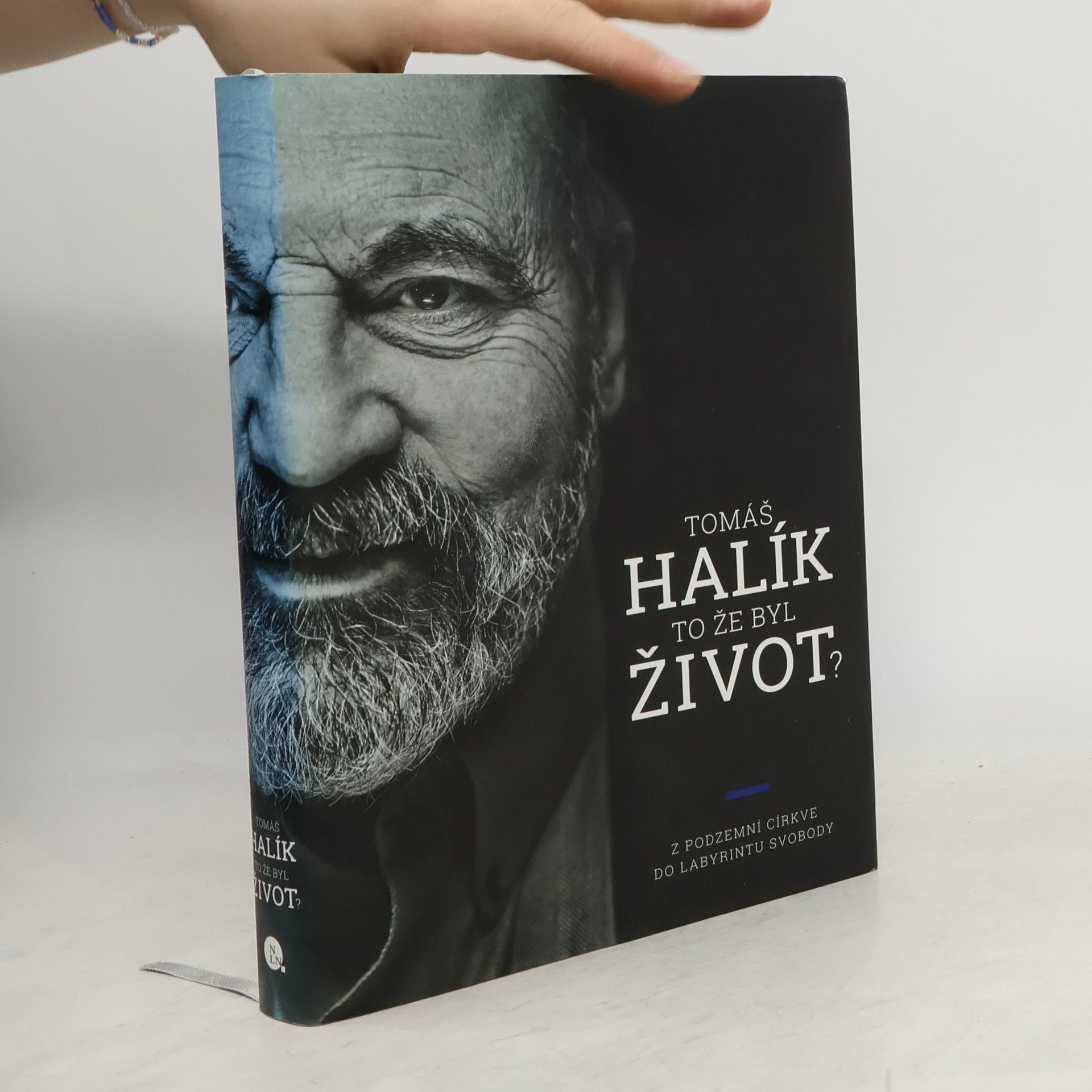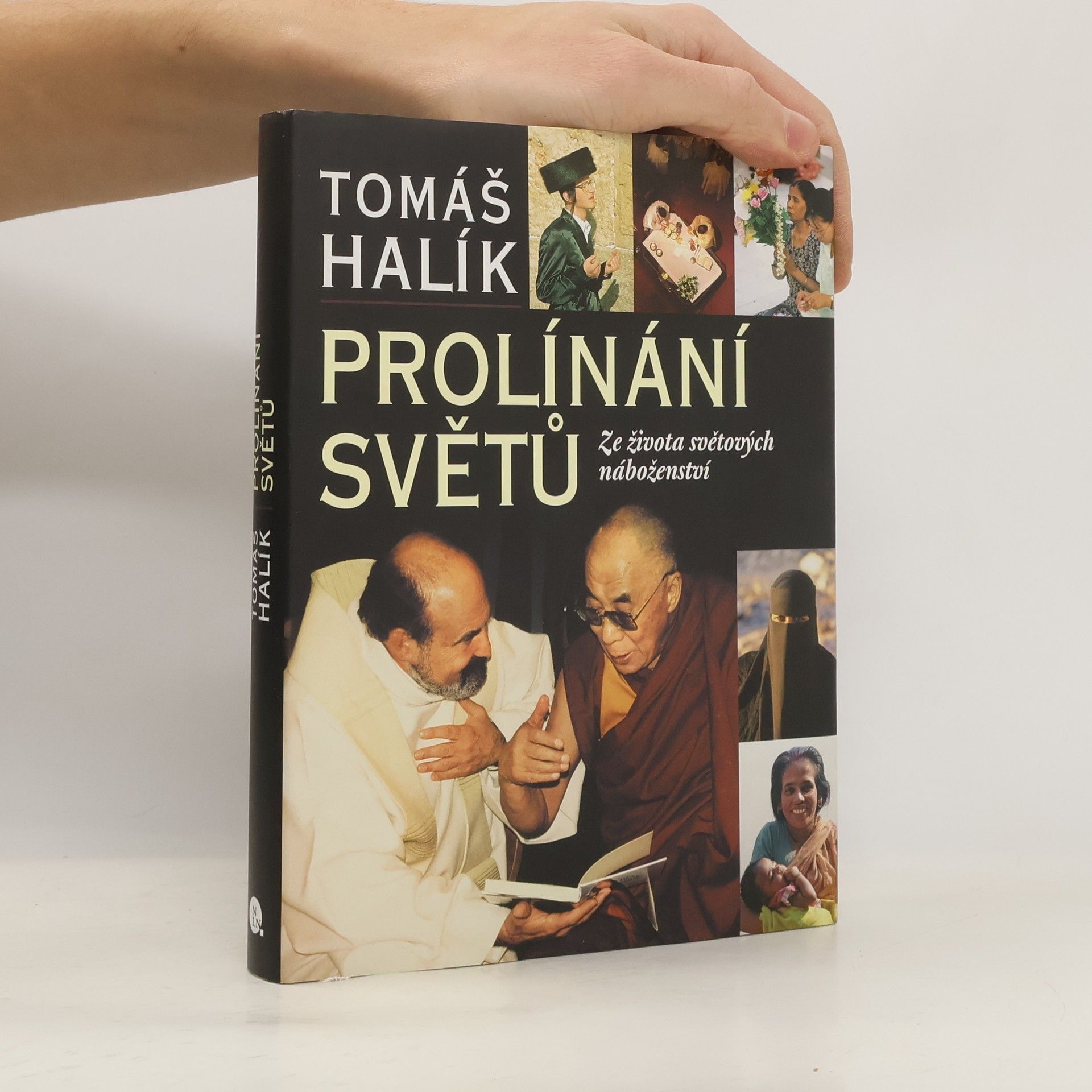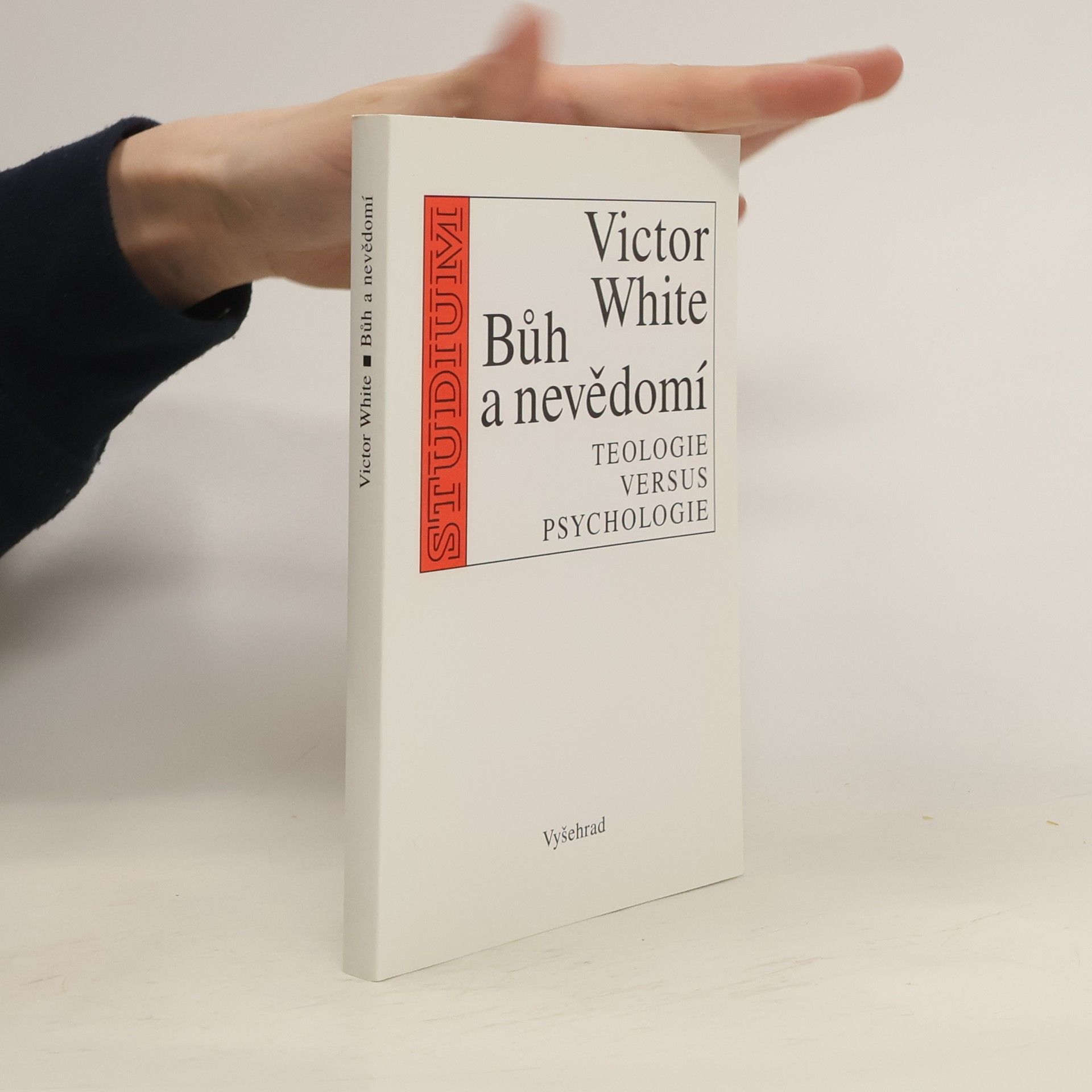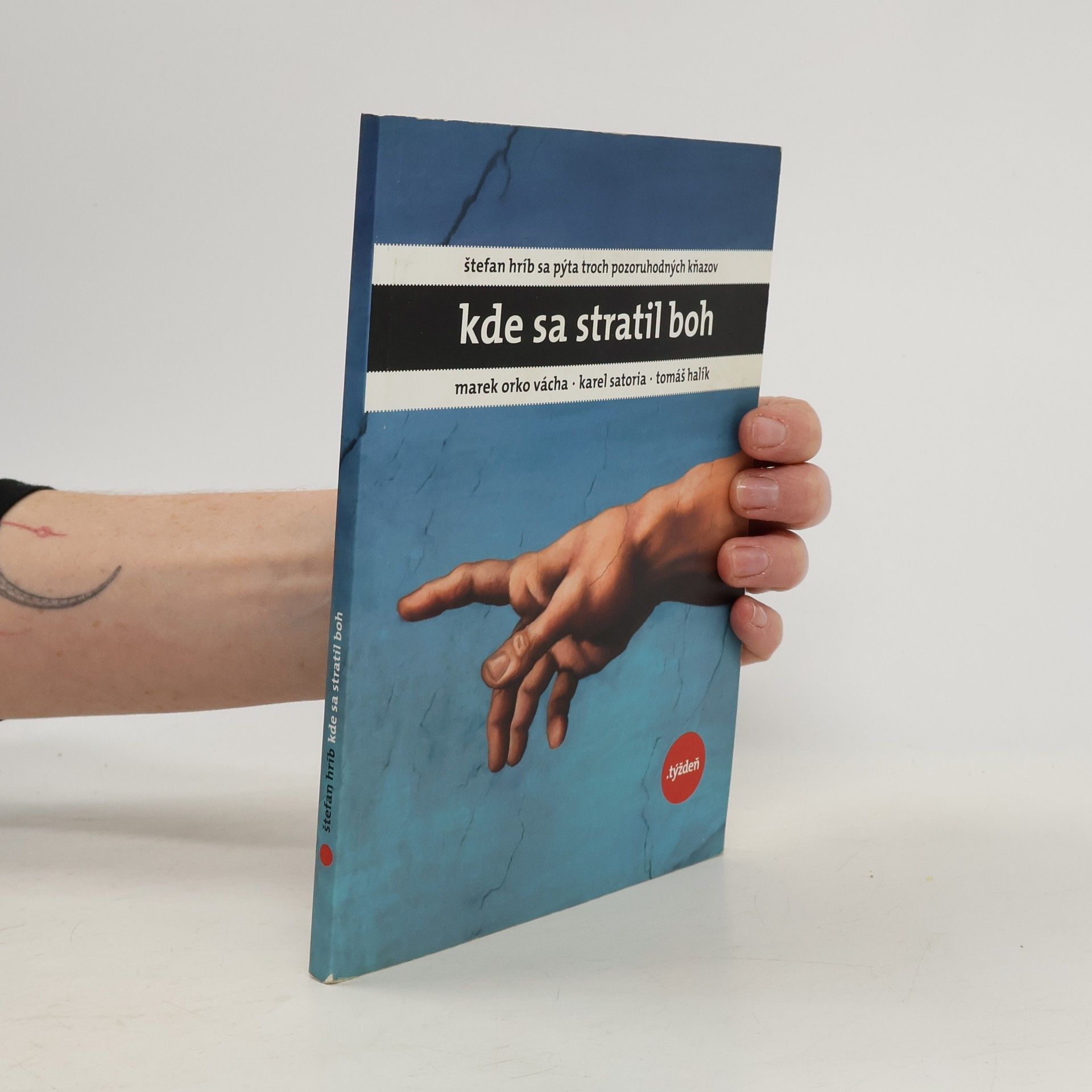I Want You to Be : On the God of Love
- 200 páginas
- 7 horas de lectura
In his previous works, the best-selling Czech author and theologian Tomas Halik explored the relationship between faith and hope. In this new book, he delves into the connection between faith and love, reflecting on St. Augustine's statement, "I love you: I want you to be," and its significance for contemporary Christian practice. Halik argues that since God is not an object, love for Him must manifest through love for others. He urges Christians to engage actively and lovingly with nonbelievers, advocating for acts of servitude rather than isolation from secular modernity. Additionally, Halik critiques the pursuit of material success, emphasizing that love should transcend being a private virtue in today's society. He examines the future of Western society, marked by a divide between Christian and secular traditions, and encourages Christians to view themselves as partners with nonbelievers. Halik's accessible style presents profound insights on religious themes, linking spiritual and theological topics with a thoughtful analysis of contemporary issues. This work is both a spiritual reflection and a theological exploration, appealing to both general readers and scholars interested in the interplay of secularism and Christianity in modern life.







